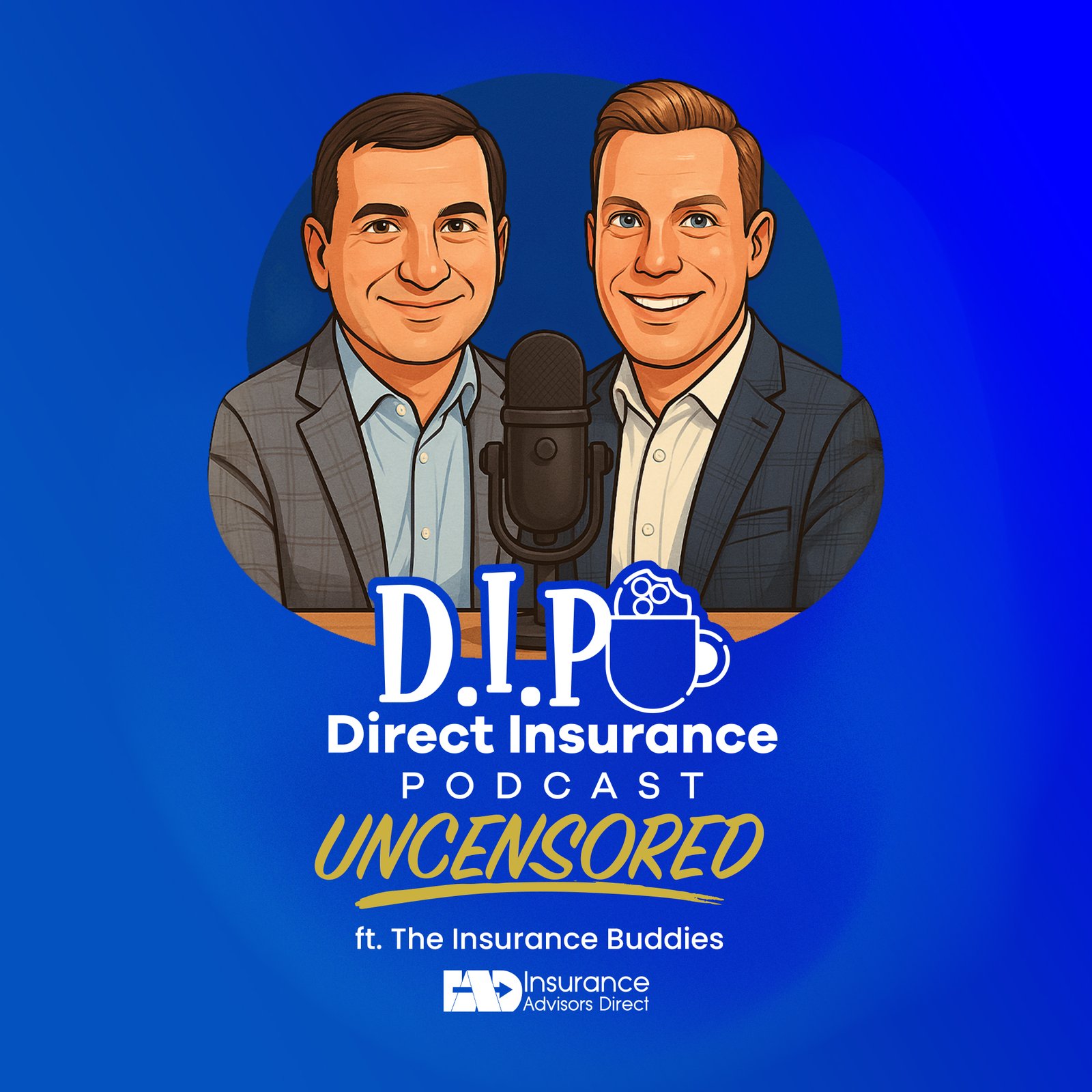
How to Educate Clients on Medicare Part D
As an independent insurance agent, knowing how to educate clients on Medicare Part D is crucial for guiding them through their options. Medicare Part D offers essential prescription drug coverage, but its complexities can often overwhelm clients. This article will provide a simplified guide for agents to explain Part D options effectively, bridging into frequently asked questions agents can prepare for client discussions.
Understanding Medicare Part D
To start, it’s essential to explain the basics of Medicare Part D. This program helps cover the costs of prescription medications for eligible beneficiaries. Clients can enroll in Part D plans through private insurance companies that Medicare approves.
There are two main ways to obtain Part D coverage: through a standalone Prescription Drug Plan (PDP) or as part of a Medicare Advantage Plan (MAPD). Standalone PDPs work alongside Original Medicare, while MAPDs combine coverage for hospital, medical, and prescription drugs. Understanding these options is critical for clients to make informed choices.
Next, it’s important to discuss the formularies. A formulary is a list of covered medications under each plan. Each Part D plan has its own formulary, which may vary in terms of cost and availability. Agents should encourage clients to review the formulary carefully to ensure their medications are covered.
Evaluating Costs and Coverage
Once clients understand the basics, it’s time to discuss the costs associated with Medicare Part D. There are several key components to consider:
- Premiums: The monthly cost of the plan.
- Deductibles: The amount clients must pay out-of-pocket before their coverage kicks in.
- Copayments and Coinsurance: These are the costs clients incur when filling prescriptions.
Agents should provide examples to clarify these terms. For instance, if a client’s chosen plan has a $30 monthly premium and a $200 deductible, they should know they will pay $30 each month and cover their own prescriptions until they reach the deductible limit.
Explaining the coverage gap, often referred to as the “donut hole,” is another crucial aspect. In this phase, clients may have to pay a higher percentage of their drug costs. However, it’s also important to note that recent legislation has gradually closed this gap, which may lessen the financial burden for many beneficiaries.
Preparing for Client Discussions
With the foundational knowledge established, agents can prepare for common questions clients may have about Medicare Part D. Here are a few FAQs agents should be ready to answer:
-
- How do I know which plan is right for me?
- Agents can suggest comparing different plans based on premiums, deductibles, and formularies tailored to the client’s specific medication needs.
- How do I know which plan is right for me?
-
- What should I do if my medication isn’t covered?
- Clients can explore options, such as requesting a formulary exception or switching to a similar medication that is covered.
- What should I do if my medication isn’t covered?
- Can I change my Part D plan?
- Agents should inform clients about the Annual Enrollment Period (AEP), where they can enroll in or change their plans.
Preparing for these questions will help agents facilitate more productive and informative discussions with their clients. It also demonstrates an understanding of the common concerns beneficiaries face, building trust in the agent-client relationship.
Utilizing Resources for Clients
To further support clients, agents should familiarize themselves with helpful resources. Websites like Medicare.gov offer comprehensive information about Part D plans and allow clients to compare options directly. Agents can encourage clients to explore these resources for additional support.
Additionally, providing clients with a Medicare Part D checklist can simplify the process. This checklist might include steps like:
- Listing medications and dosages.
- Reviewing current plans and costs.
- Comparing new plans during the AEP.
This practical tool can empower clients to take charge of their healthcare decisions.
Staying Informed and Updated
As an insurance agent, staying informed about changes in Medicare policies and Part D options is essential. Regularly attending webinars and workshops can enhance your knowledge and help you provide accurate information to clients. Websites like the Centers for Medicare & Medicaid Services (CMS) offer ongoing updates and educational materials.
In summary, educating clients on Medicare Part D involves breaking down complex information into understandable pieces. By guiding clients through their options, discussing costs, and preparing for potential questions, agents can foster informed decision-making. The goal is to ensure clients feel confident and secure in their Medicare choices for years to come.
Need additional assistance, contact us today!









































































































































































